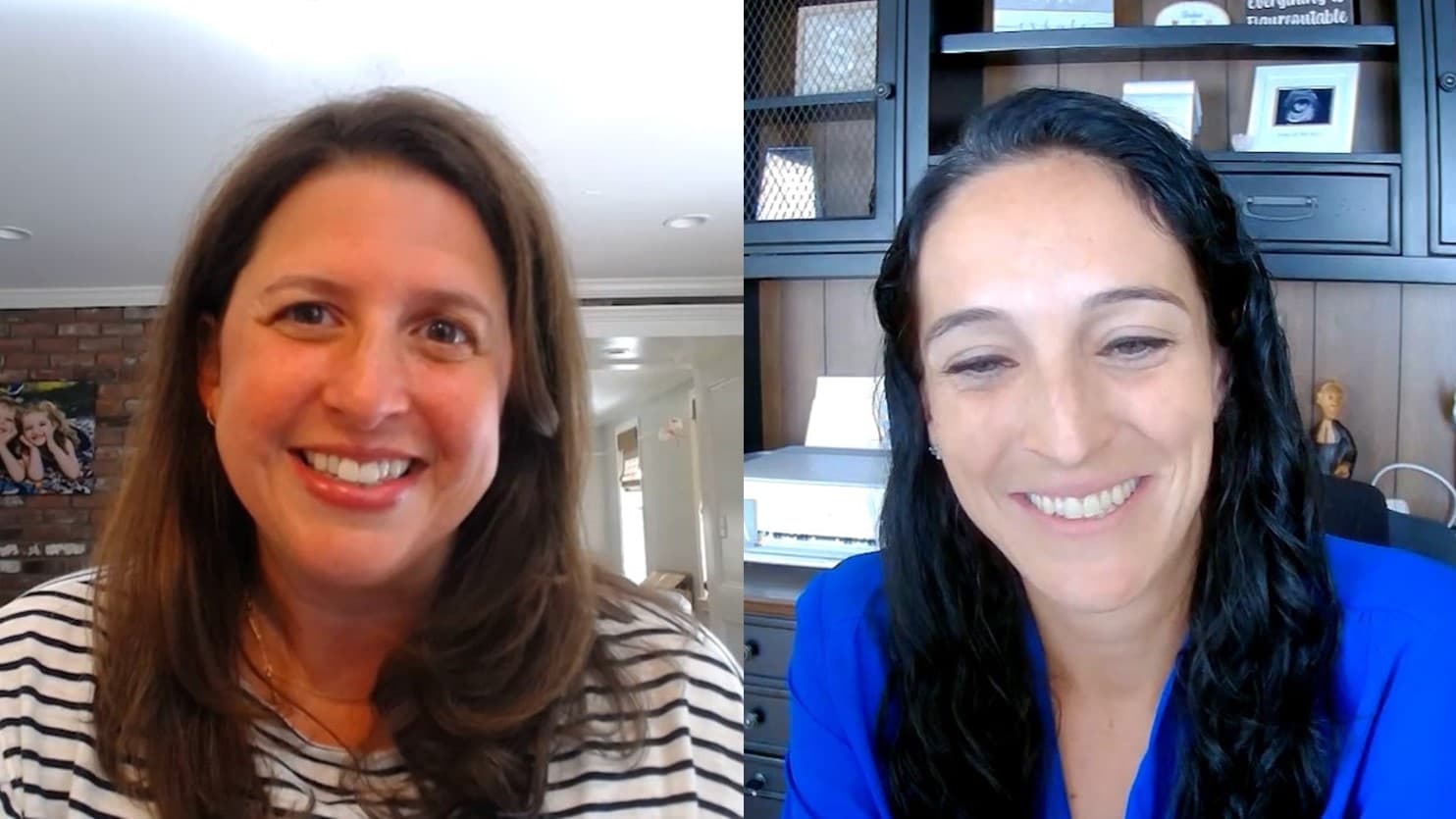The Hot Topics in the Middle Market panel featured Caroline Kung (SagePath Capital), Polly Mack (Gryphon Investors), Denielle Finkelstein (UNICORN in EVERY stall), Heidi Piché Piche (G2 Capital), Kate Soto (Mirus), and Kelsey Thomas (Withum), and was moderated by Nixon Peabody Corporate attorneys Amy O’Keefe and Rachel Pugliese.
The panelists shared their experiences and perspectives as women in an industry historically dominated by men and offered their take on the current state of the M&A landscape following the conclusion of the new administration’s first 100 days and thoughts about how it will impact the M&A outlook for the remainder of 2025.
Current state of the M&A/PE landscape
The panelists noted that the initial cautious optimism for the 2025 M&A market that percolated in February has tempered somewhat due to geopolitical and economic uncertainties.
Our panelists shared the following key trends:
- The administration’s trade and economic policies have introduced a level of market uncertainty that has disrupted what was initially expected to be a strong dealmaking year. While transactions are still progressing, they are doing so at a slower pace than in years past, as investors take a more cautious approach—prioritizing realistic valuations, carefully evaluating regulatory exposure, and ensuring that market conditions can support sustainable long-term returns.
- Challenging and uncertain markets aren’t always a bad omen for deal making. Uncertainty can lead to opportunity and it is sometimes the case that challenging markets can generate outsized returns for funds raised in those conditions.
- While the economic uncertainty is forcing business owners to be thoughtful in their assessment of the right timing for their transactions, sellers are still coming to market if they sense that the market will respond positively (particularly to “tariff-proof” businesses).
- Despite ongoing concerns about tariffs and the possible trade wars, the macroeconomic and demographic trends that shaped a positive M&A outlook entering 2025 remain intact. The market is primed for deal-making, particularly around high-value “A” assets, fueled by abundant dry powder and generational transitions among family- and founder-owned businesses.
Year-to-Date 2025 Industry Over Achievers and Under Achievers
Our panelists shared that the administration’s trade and economic policies are having a varied impact across industries and even within industries. Industries such as business services and industrials continue to demonstrate resilience. The consumer goods industry is heavily impacted by tariffs and the shift in consumer behavior toward more affordable products, but a few consumer verticals, such as pet products, private labels, and food products (i.e., consumer products that are largely considered to be “non-discretionary”), remain strong. More discretionary consumer sectors like med-spas and wellness verticals are likely to suffer from economic pressures. Meanwhile, after a few challenging years, the technology sector is showing signs of renewed momentum.
Impact of the new administration and regulatory changes on dealmaking
Dealmaking in 2024 was already hampered by valuation misalignment and diligence-based timing drags, and with the geopolitical and economic uncertainties that have dominated the start of 2025, it doesn’t seem like the longer deal timelines we came to expect in 2024 are going to shorten. Deals are still moving forward but with heightened diligence and caution. Business owners preparing to sell in 2025 will need to prepare by controlling what they can, such as financial planning and operational readiness. The more that sellers can demonstrate a financial and operational “clean house” during the due diligence process, the quicker deals will get closed.
The evolving role of women in the PE and M&A market
Despite making strides over the last several years, women in the PE and M&A market still have a long way to go to achieve equality with their male counterparts. This gap is demonstrated by the sobering statistic that only 0.7% of available venture capital in Massachusetts goes to businesses founded by women. In response to this statistic, the panelists discussed the importance of addressing unconscious bias and supporting women-owned businesses to improve investment outcomes.




